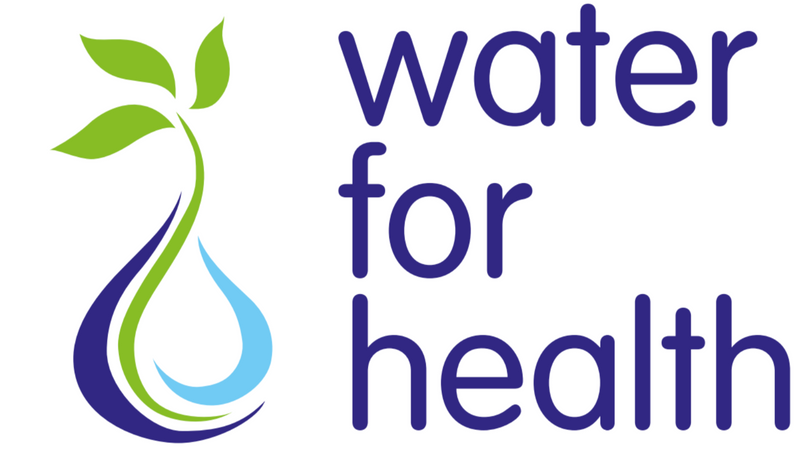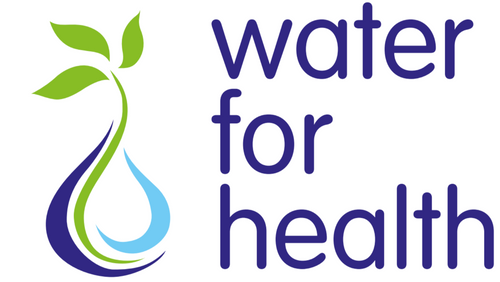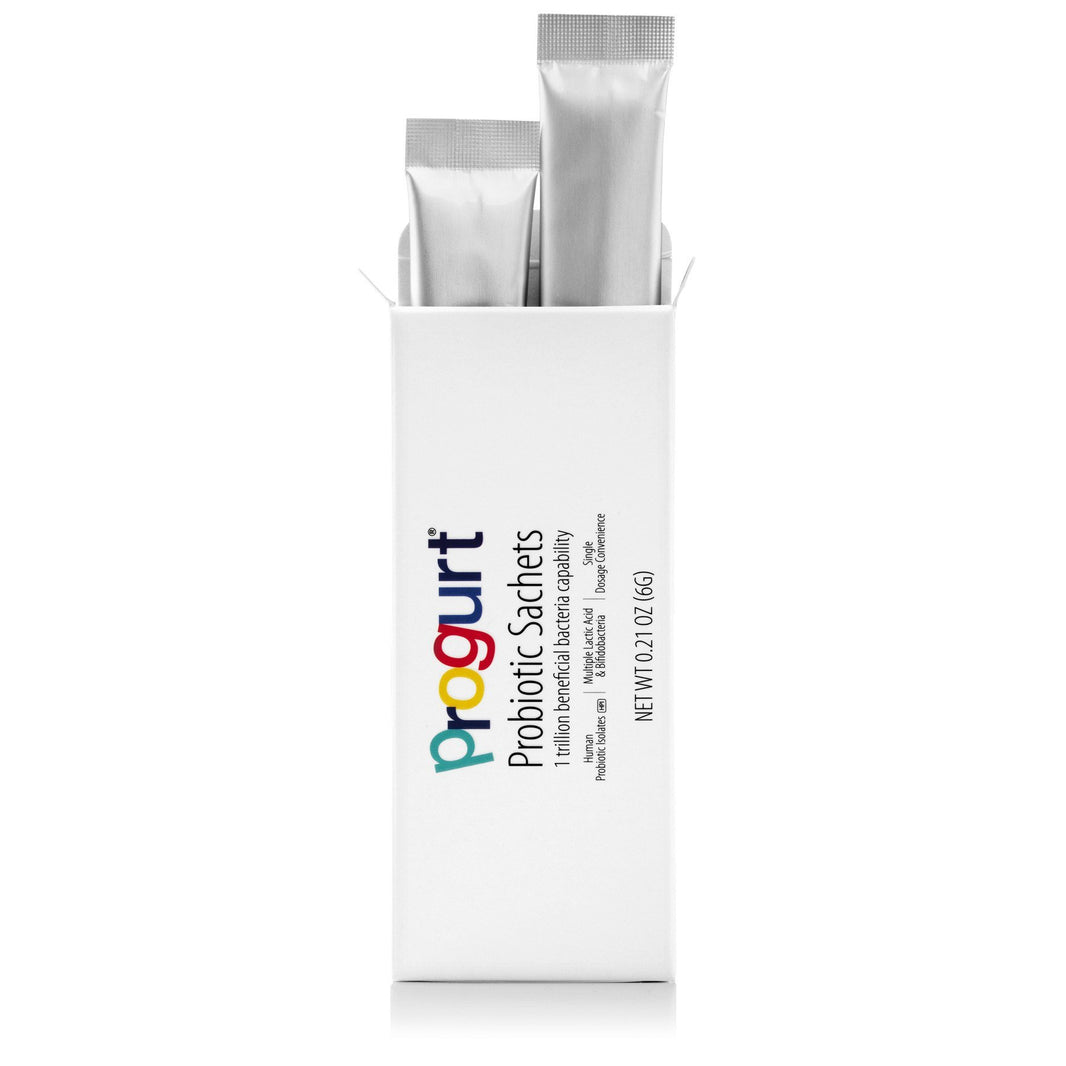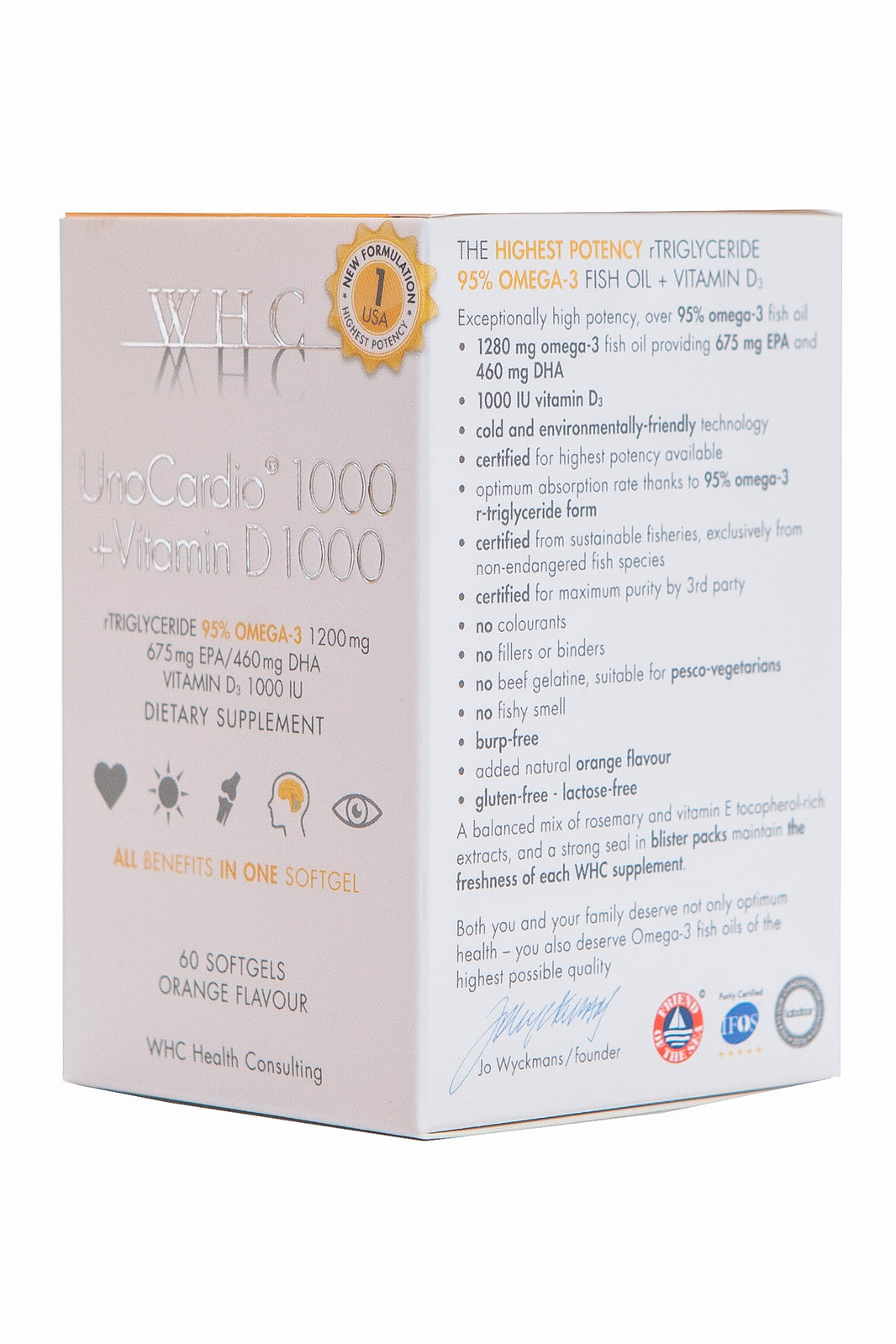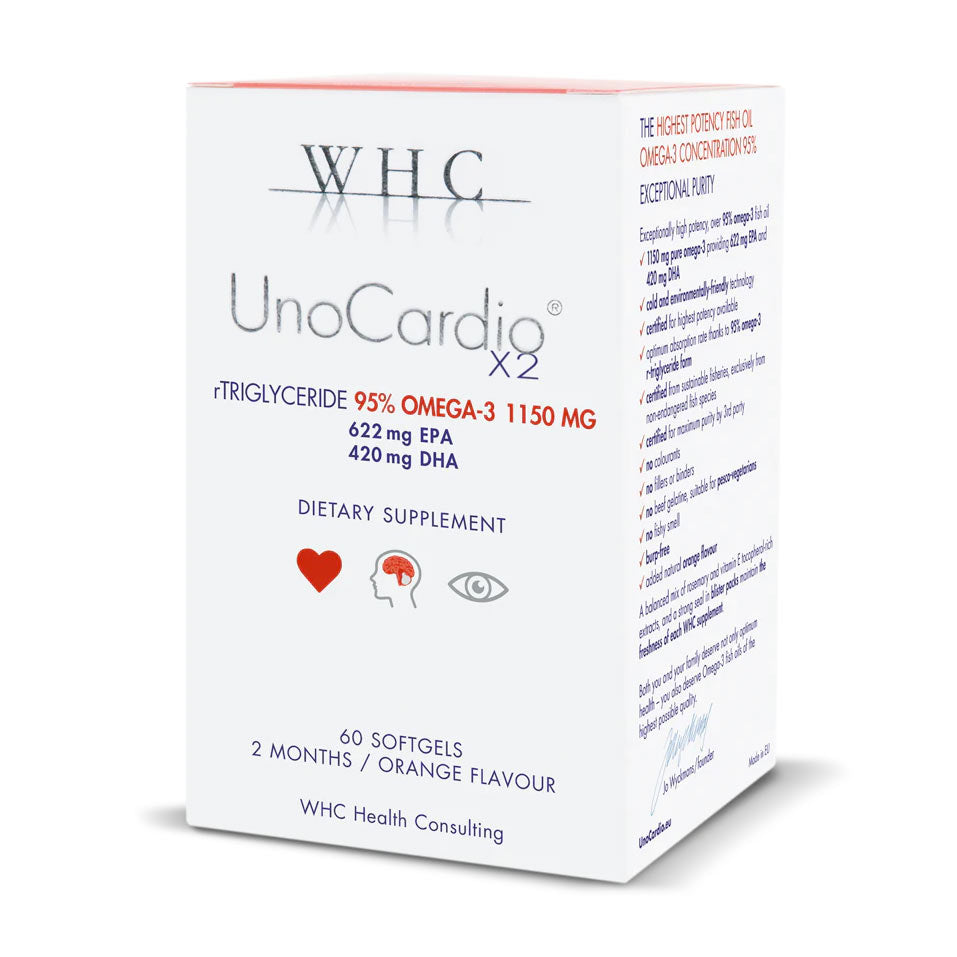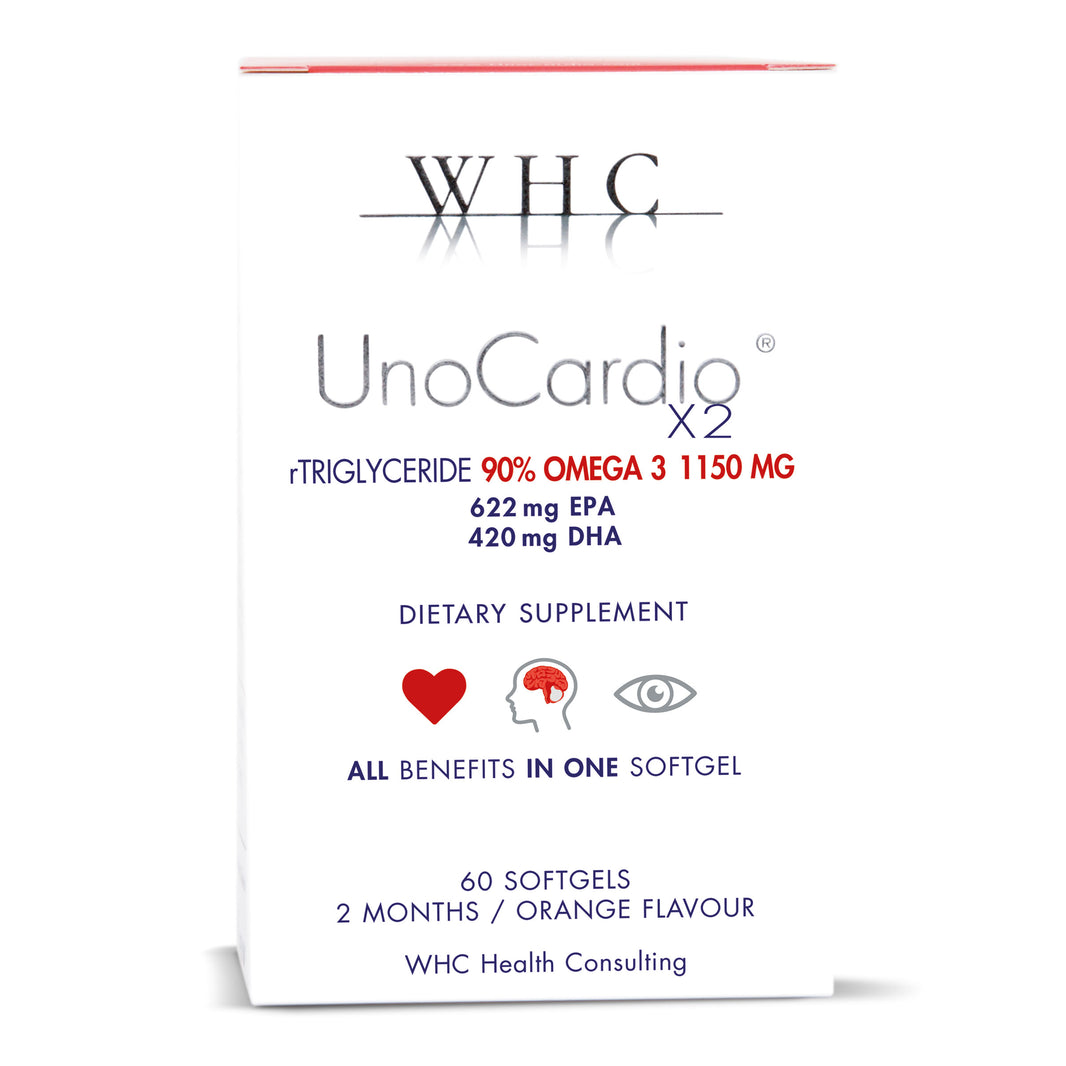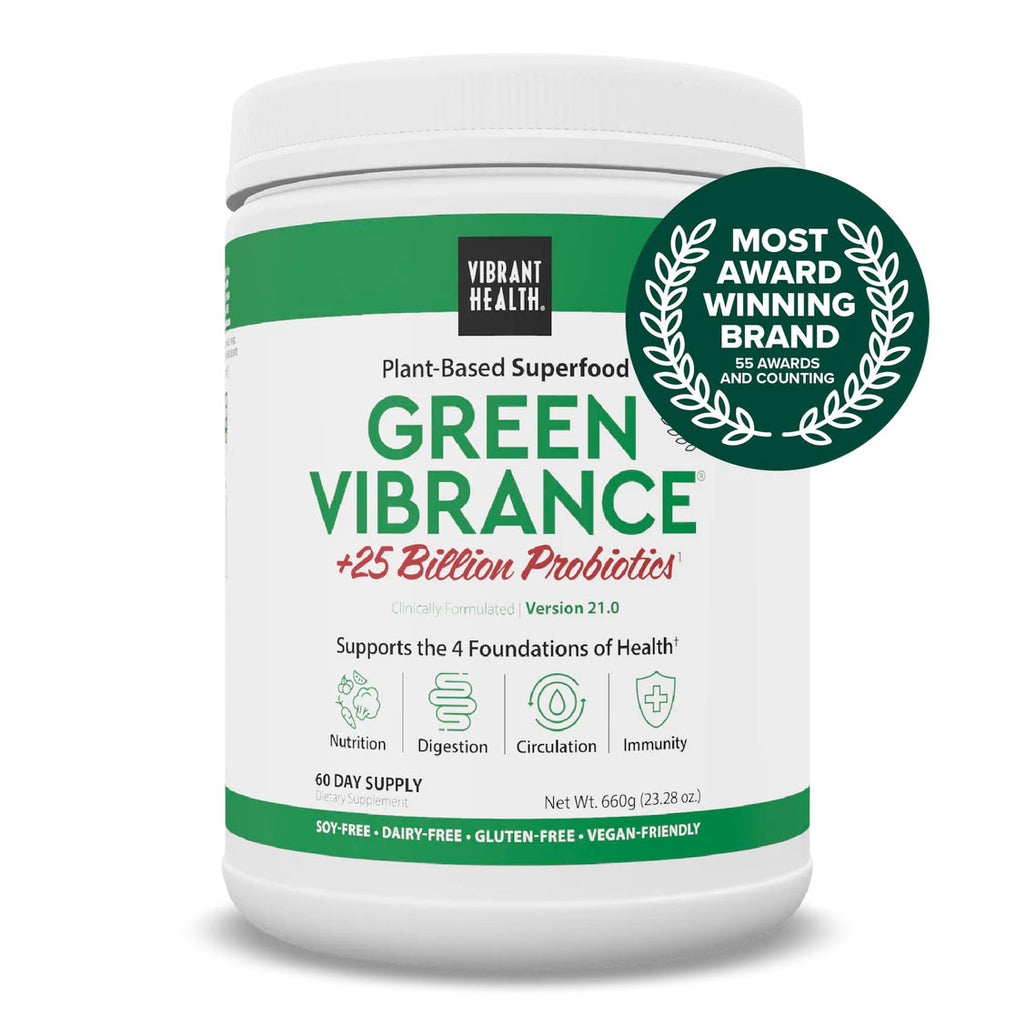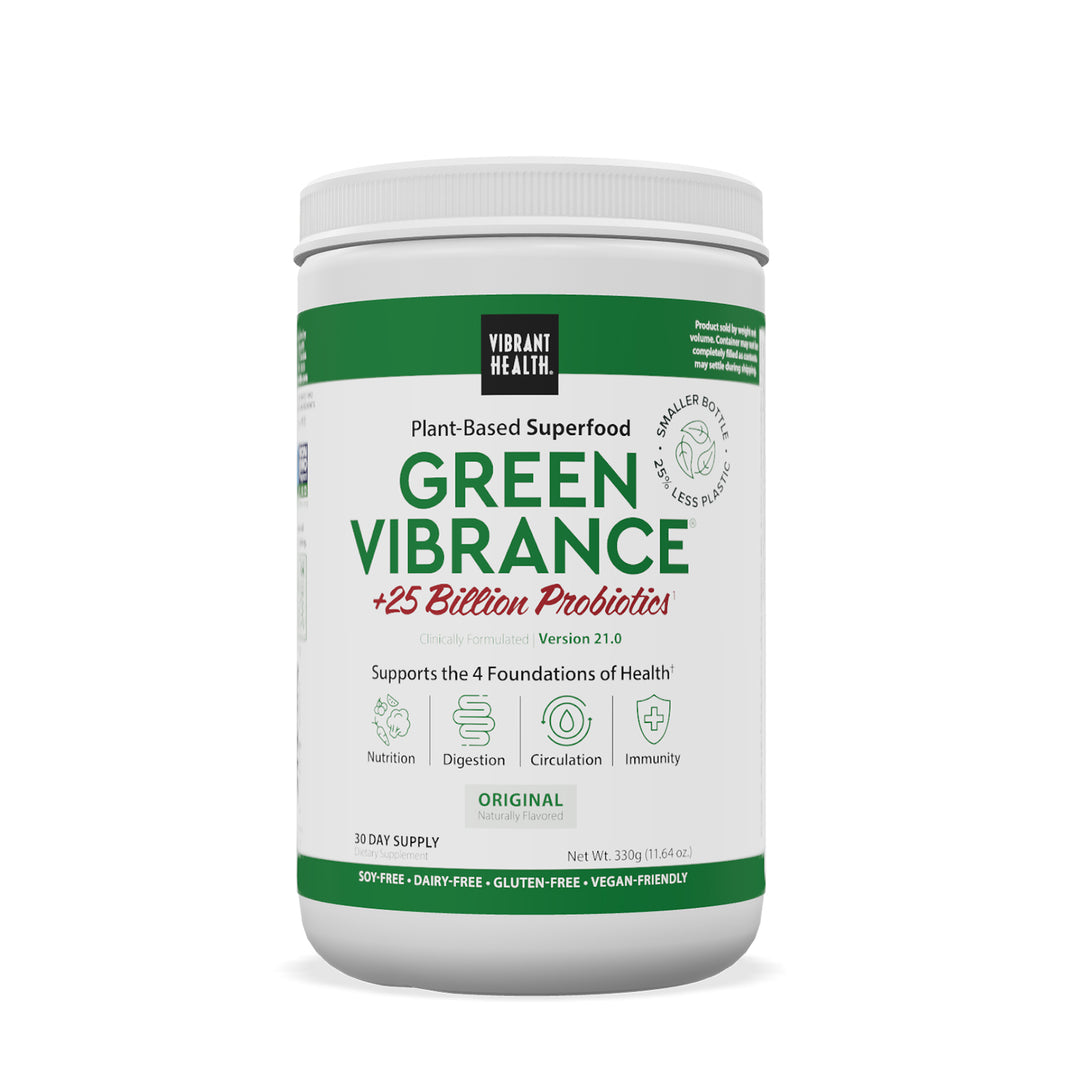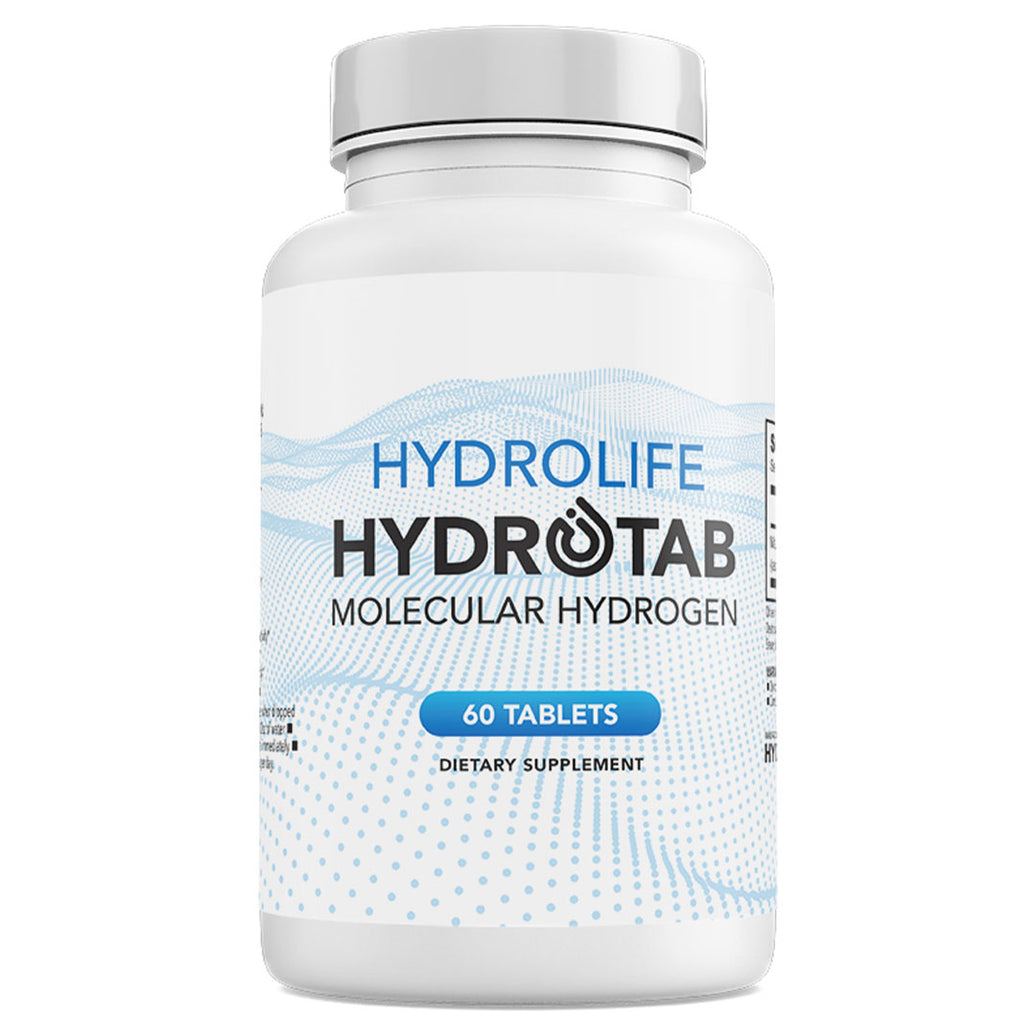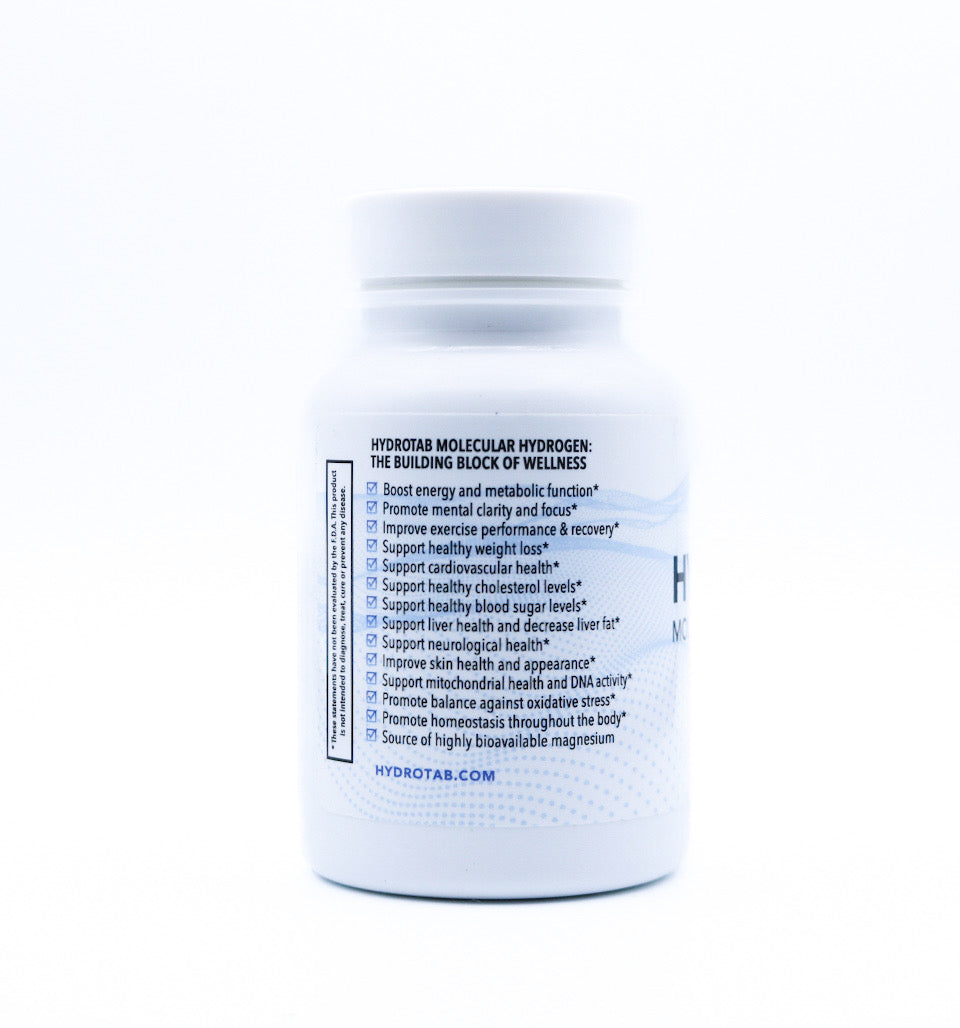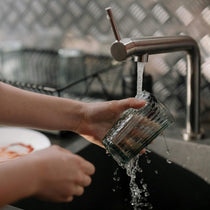Electrolytes are the essential minerals calcium, magnesium, potassium, phosphate, sodium and chloride which live in our body fluids. You might have heard it said that electrolyte balance is crucial for our health, wellbeing and performance. That's absolutely true. Electrolytes produce a slight electrical charge that powers our cells and enables a flow of electrical signals throughout our bodies, helping to maintain fluid balance and hydration, healthy pH levels, nerve and muscle function, and a strong gut. In this article, we're taking a closer look at the best plant sources of electrolytes.
Symptoms and signs of electrolyte imbalance
Causes of electrolyte imbalance include food poisoning, diarrhoea, vomiting, heat exposure, dehydration and poor gut health.
Injury, trauma, eating disorders such as anorexia, severe burns and kidney disease can also lead to depletion.
You may not notice any symptoms if you have a mild imbalance, but a more extreme loss of electrolytes can lead to fatigue, anxiety and poor sleep, low stomach acid leading to poor digestion, muscle cramps and weakness, numbness, tingling, confusion, headaches and even seizures.
How can I maintain a healthy electrolyte balance?
Make sure you remain adequately hydrated and bear in mind that being both overhydrated or dehydrated can lead to electrolyte imbalance.
Eat a balanced whole-food diet and avoid processed foods that are high in sodium, including pre-packaged ready-cook meals, takeaways, junk food and frequent restaurant meals.
It’s also best to steer clear of unnecessary medications and antibiotics and make sure you stock up on electrolytes after illness or heavy exercise.
You could also consider taking an electrolyte supplement to ensure adequate levels.
Fruits and vegetables are excellent sources of electrolytes
Five of the best – great all-rounders containing five electrolyte minerals:
1) Coconut water
This refreshing elixir is packed full of vitamins, minerals and antioxidants and is bursting with electrolytes. It’s the clear liquid from young green coconuts and is over 95% water.
Coconut water has been used for centuries for dehydration and makes a deliciously natural sports drink: as well as being low in calories, just one cup contains 600mg of potassium which is more than the average banana.
Health benefits include reducing oxidative stress, and due to its cytokinin content, coconut water helps to ward off cancer and encourage longevity.
One cup also contains 60mg of magnesium to help relax your nervous system and prevent muscle cramps and spasms.
2) Butternut squash
One cup of cooked butternut squash contains a generous 582mg of potassium, which is beneficial for regulating blood pressure. It also contains sodium and is plentiful in magnesium, calcium and phosphorus – all valuable electrolytes.
Added to which it’s rich in vitamins A, C and E as well as several B vitamins and carotenoids.
Butternut squash has anti-cancer and immune-boosting properties, promotes eye health, lustrous hair and nails, and its fibre content helps decrease inflammation and promote proper digestion.
The minerals magnesium and potassium are also key players when it comes to maintaining healthy bones.
3) Spinach
An abundant electrolyte source, regularly adding spinach to your daily diet will help to keep you topped up. One cup of cooked spinach contains a whopping 839mg of potassium, providing 25% of the recommended daily intake for healthy adults.
One cup also provides roughly 50% of your daily amount of magnesium. Magnesium plays a crucial role in hundreds of enzymatic responses in the body, including energy production and protein synthesis, and it has been linked to a reduced risk of diabetes.
Magnesium also helps to calm the nervous system, contributes to a good night’s sleep and helps to absorb calcium (a generous amount of which is also found in spinach).
The bountiful magnesium, potassium, calcium trilogy in spinach make it a superfood for your bones and muscles too.
4) Bananas
An excellent source of potassium, a practical and portable medium-sized banana is also full of the electrolytes sodium, phosphorus, magnesium and calcium.
Moreover, they are a terrific source of fibre plus vitamins C and B6. The latter helps to regulate your mood and may contribute to brain health, protecting against Alzheimer’s.
Lack of vitamin B6 has also been linked to depression. Bananas’ potassium content, meanwhile, is good news for your heart, and unripe bananas are excellent for gut health, providing prebiotic resistant starch to encourage plenty of beneficial gut microbes.
5) Tart Cherries
These small electrolyte parcels contain phosphorus, magnesium, sodium and calcium, being highest in potassium.
Studies have shown that cherry supplements and powders can reduce muscle soreness and inflammation and increase recovery. One study suggests that consuming tart cherry juice for seven days before a strenuous run can minimise consequent muscle pain.
Another study featured 23 healthy, resistant-trained males divided into two groups: one took a placebo while the other took powdered Montmorency tart cherries once daily for seven days before, on the day of and two days post-exercise.
After a single bout of high-intensity resistance training, the cherry-supplemented group had significantly reduced muscle soreness in the most biomechanically loaded region of the quadriceps.
Electrolyte Supplement Options
If you wish to take an electrolyte supplement, try Ground-Based Nutrition’s Organic Plant-Based Electrolytes. It is an all-natural blend of plant-based minerals and essential electrolytes which amply supports rehydration and recovery.
Calcium, magnesium, sodium, potassium and chloride are key components of the supplement, although there’s also 72 seaweed-derived trace minerals. Electrolytes contains many ingredients discussed in this article including organic coconut water (powder), organic banana (powder), organic tart cherry and Himalayan sea salt.
You could also consider taking a liquid mineral supplement like Progurt Chloride. An ionic mineral chloride formulation, it’s designed to help you rehydrate and remineralise – and could help with post-exercise cramps. As noted in one customer review, “I regard this as a performance-enhancing drug as when I use this stuff my cycling endurance and ease of effort is remarkably improved over cycling without.”
Just add Chloride drops to pure, non-fluoridated water and drink once or twice daily.
Conclusion
The essential minerals calcium, magnesium, potassium, phosphate, chloride and sodium convert to electrolytes that reside in our body fluids, i.e. blood, sweat and urine. It’s therefore vital to maintain a healthy electrolyte balance for our health, wellbeing and performance.
To encourage electrolyte balance, you need to replenish lost stores after bouts of illness or heavy exercise and avoid unnecessary medications and processed, sodium-loaded foods. (Although good-quality salt is recommended.)
While foods like bone broth and Himalayan salt are rich in electrolytes, fruits and vegetables are abundant sources too. The ones listed above contain a balanced and generous combination of the five minerals calcium, magnesium, potassium, phosphate and sodium, making them magical electrolyte marvels that work coherently in their own right.
You can also provide yourself with a mineral-rich electrolyte bounty by eating other plant foods such as dill pickles, lettuce, watermelon, cucumber, avocados, celery, dark leafy greens and watercress.
This article was written by Rebecca Rychlik-Cunning, Nutritional Therapist and Homeopath. Follow Rebecca on Instagram, Facebook and Medium, @rebeccabitesback.
